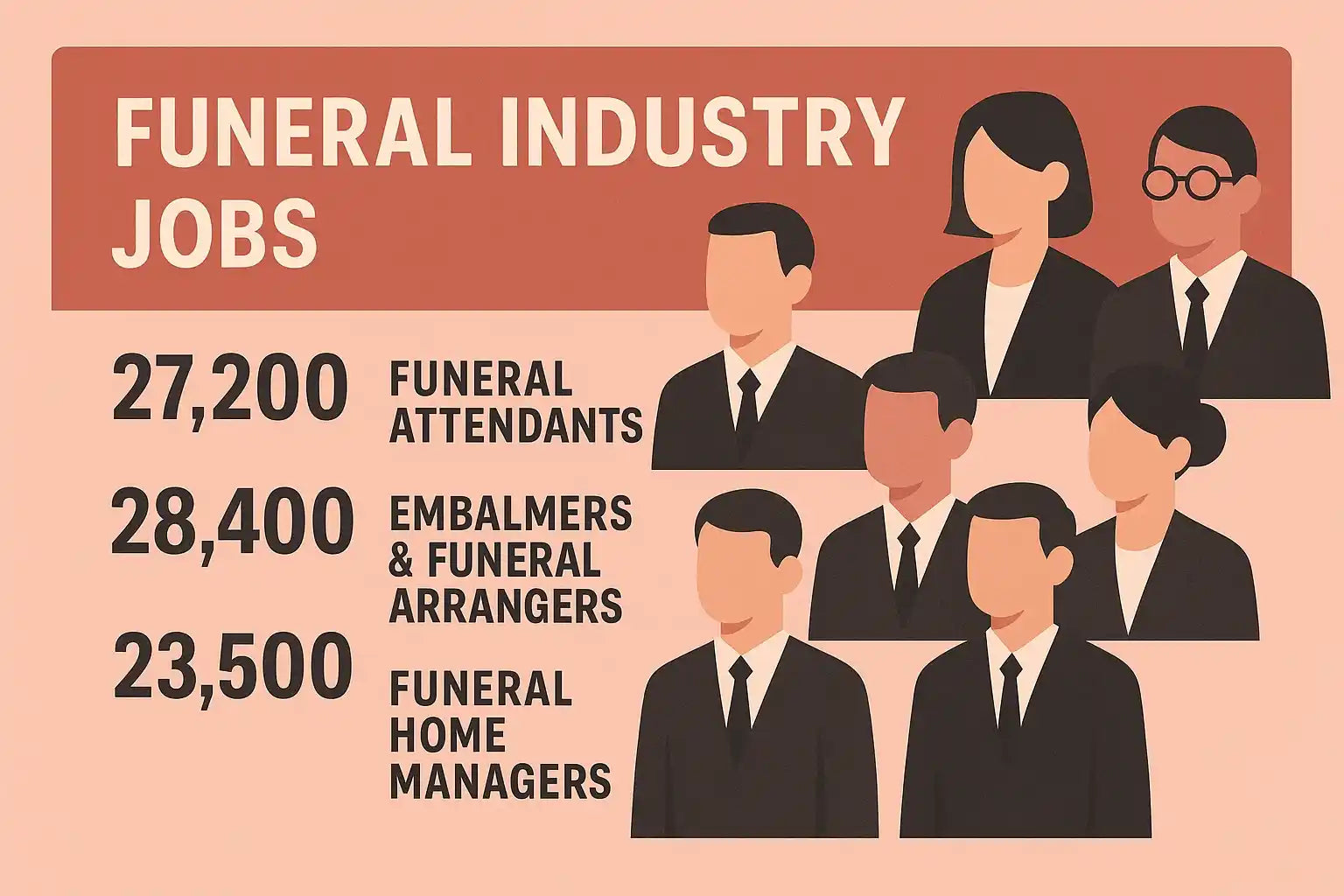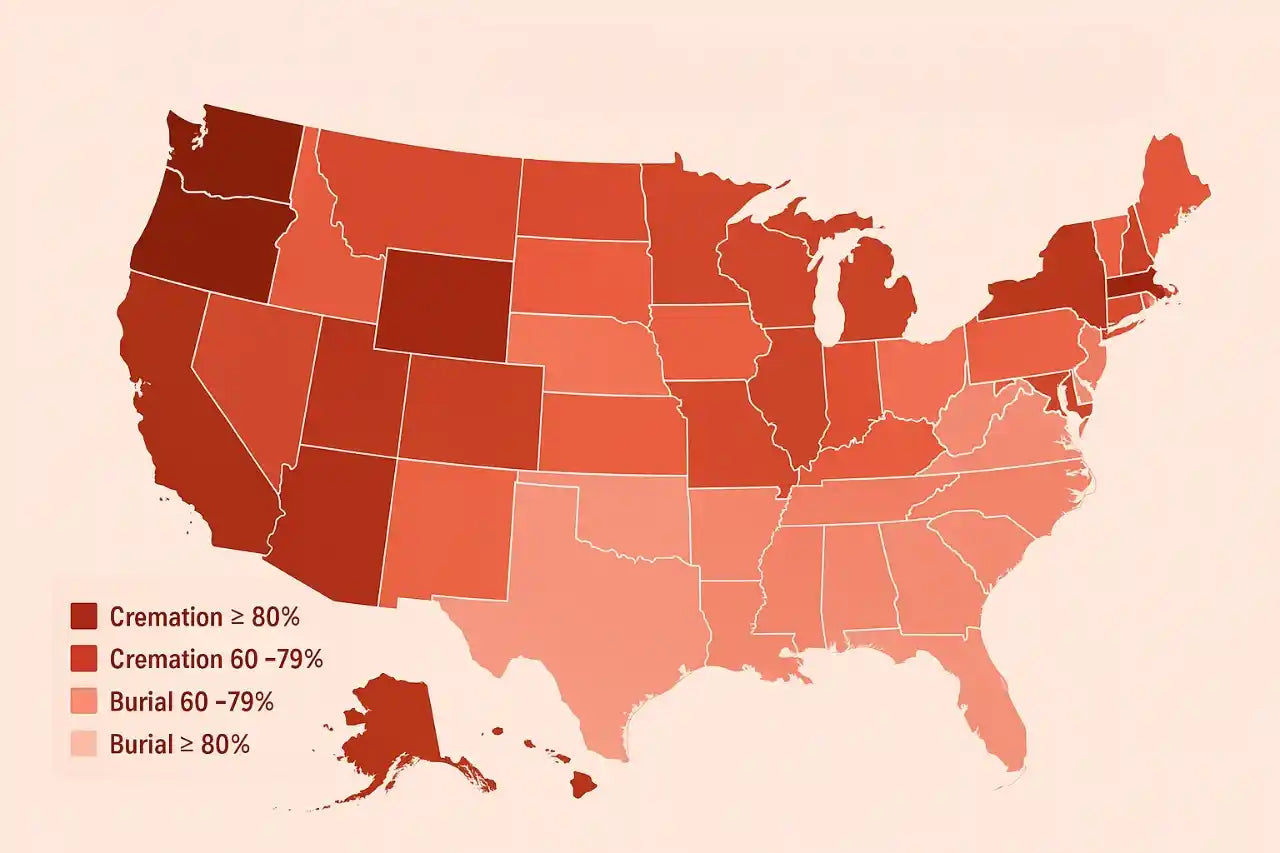Losing a loved one is an emotional and challenging experience, and navigating the post-death arrangements can be overwhelming. This post is 1 of 3. In it we will outline a checklist of all immediate issues associated with the death of a loved one. We understand that each situation is unique, but these steps can serve as a starting point to assist you in making the necessary arrangements.
1. Get a Pronouncement of Death
If your loved one has passed away, the first crucial step is to obtain a legal pronouncement of death. This can only be done by authorized individuals such as emergency responders, physicians, nurses, or medical examiners. In medical facilities, the staff will assist with this process. However, if the passing occurs at home or outside a medical facility, don't hesitate to call 911 immediately. Paramedics can begin emergency procedures, and the pronouncement of death will be made either at the scene or at the hospital. Remember to stay as calm as possible during this stressful time and follow the healthcare provider's instructions.
2. Consider Organ Donation
Organ and tissue donation is a noble act of compassion that can save lives. If your loved one was a registered organ donor, notify the medical staff at the facility where they passed, and the process will begin with the family's consent. If they were not a registered donor, discuss the possibility with their healthcare provider to see if they qualify. Organ donation can make a significant difference in someone else's life.
3. Arrange for Body Transportation
In the event of an unexpected passing, it's essential to know how to handle transportation of the deceased. If the death occurred in a medical facility, they will usually assist with transportation to the funeral home of your choice. If not, you'll need to make the arrangements yourself. Ensure you have the legal pronouncement of death from a medical professional, and then contact a mortuary or funeral home. They are experienced in handling the transportation of the body from various locations and can safely store it until further plans are made.
4. Notify Close Family & Friends
Sharing the news of a loved one's passing is a challenging but necessary step. Begin by notifying close friends and family members. You don't have to bear this burden alone; ask those you call to help spread the news to extended family and friends on your behalf. Support during this time is invaluable.
5. Notify Employers
If your loved one was employed, remember to contact their employer. Inquire about any benefits, due pay, or life insurance policies through the company. You may not need to share extensive details about the loss unless it's related to specific benefits.
6. Obtain Death Certificates
Death certificates are vital documents for legal and financial purposes. You'll need certified copies of the death certificate to close accounts and access benefits. Usually, the funeral home or a physician will prepare this document soon after the loss. Ensure that you have enough copies, as they will be required for various administrative tasks.
7. Arrange Care for Dependents & Pets
If your loved one was responsible for dependents or pets, take steps to make suitable arrangements for their care. Finding trusted individuals to look after them can provide stability during this difficult period. Ensure that they have all the necessary supplies and care instructions.
8. Secure Their Home & Property
While it may not be your immediate concern, securing your loved one's home is important. Change locks to prevent unauthorized access, lock all windows and doors, and arrange for mail forwarding to prevent the accumulation of mail. Making the home appear occupied can deter unwanted attention.
9. Guard Against Identity Theft
Protect your loved one's identity by avoiding the unnecessary sharing of personal information in public notices of death. Report their passing to Social Security and credit bureaus promptly to prevent fraud. Monitor their accounts and credit reports for any suspicious activity in the coming weeks and months.
10. Find and Organize Key Documents
Search for essential documents such as bank statements, wills, insurance papers, and emergency contacts as soon as possible. Organize these documents and make copies if necessary, as you may require them in the upcoming weeks to manage various aspects of your loved one's affairs.
Remember that you don't have to go through this challenging time alone. Seek support from friends, family, or professionals who can guide you through the process and provide comfort during your grief. Our thoughts are with you as you navigate these post-death arrangements.
Overnight Caskets offers a pre-need program for customers looking to eliminate the financial and emotional stress on surviving loved ones. By preselecting and prepaying for a high-quality casket, you can ensure your final wishes are followed while the burden on your survivors. Read More


